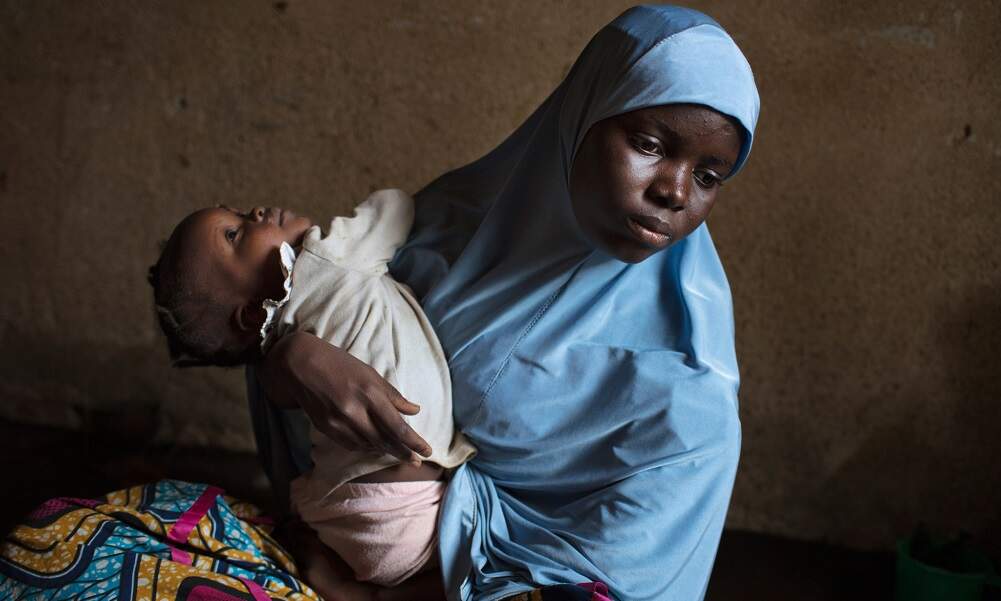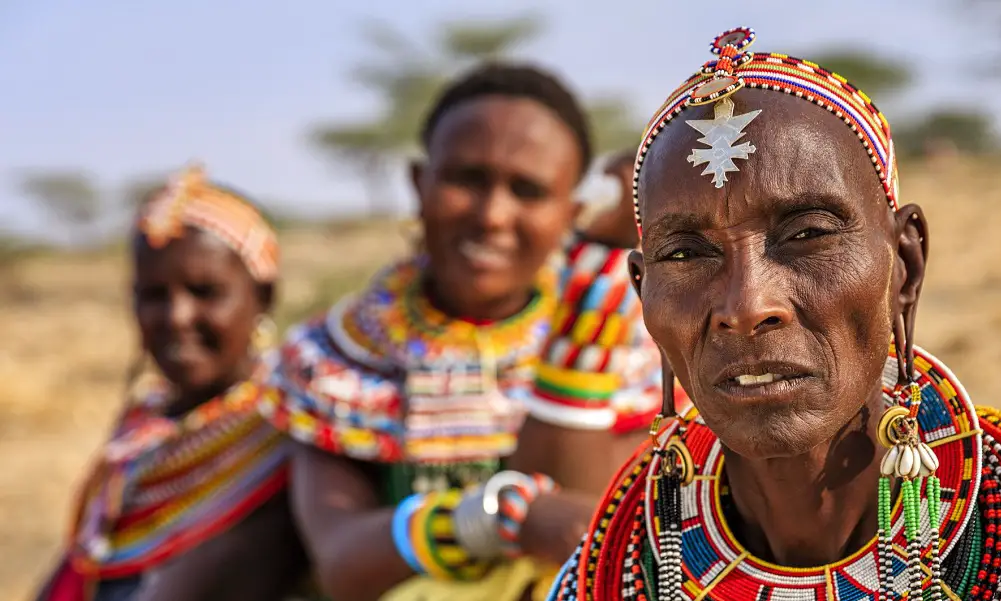
Why Northern Nigeria Needs to Stop The Practice of Girl Child Marriage
Over 12 million girls are married out before the age of 18 according to UNICEF statistics. Child marriage is being practised across countries, cultures and regions. We have to stop stealing adolescence from our young girls. Northern Nigeria is one among many other African countries that practised child marriage, which has constituted a large number of girls marking an end to their childhood and any possibility of personal growth and development.
However, several N.G.Os have sprung up in the last decade to fight against this problem and come up with a possible solution to abolish this drawback.
Factors Leading to Child Marriage
Poverty, Cultural, traditional and religious factors are among the many factors that contribute gravely to the high number of child marriages in our society. Broken homes and economic crises are also basic factors that can’t be disregarded.
Child marriage in northern Nigeria is most prevalently practised in the rural, underdeveloped and poor communities, where women are seen as a means to an end. The devastating economic hardship in Nigeria is a major contributing factor to making the nation being ranked as the 11th highest contributor to the rise in child marriage in the world with an estimated 42% of girls married before age 18, which is considered child marriage.
Effects of Girl Child Marriage
Early child marriages anywhere in the world stand to intervene on the health, psychological well-being and formal education, as most of them abandon education and skills to focus on raising children and building a home. This is common with many ethnical groups in the country. But it’s predominantly common in the Northern part of this country.
Girls are forced to become the three most difficult things Woman, Adults and Mothers. The tradition is driven by poverty just to reinforce social ties in other to create financial stabilities for the benefactor families and improve their social status.
Jamila, a young girl I met and spoke to at Giwa local government of Kaduna State always wanted to be a nurse. The entire concept of science fascinates her. She told me she wanted to be a nurse for so many reasons as her mum battles severe back pain with a long medical history. All that faded as she explained how her father arranged her for marriage immediately after she got to SS2 ( Senior Secondary School.) She also explains how she went through miscarriage twice and struggles with physical and mental illness.
Little or zero health care is being provided while they’re exposed to many risks like depression, cervical cancer, malaria, fistula, and other forms of diseases follows.
Early pregnancy makes girls more predisposed to the risk of losing their life, increases in premature labour and this has given rise to high maternal death. They also have many medical complications such as. Vesico-Vagina Fistula ( VVF) And rectum vagina fistula (RVF).
What We Should Be Doing
Female child education reduces chances of infant mortality, promotes health, improves and raises economic productivity cohorts, enhances political participation and prepares the ground for educating the next generation.
In ending child marriages, we must consider accelerating our efforts to help change the lives of girls and young women by understanding the complex drivers behind the practice in a different context, identifying the variables that hinder their growth in society and implementing all necessary assistance the society needs to develop and enhance the social-political wellbeing of women and female child.

